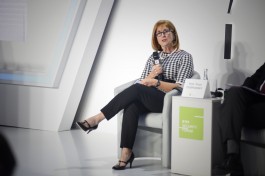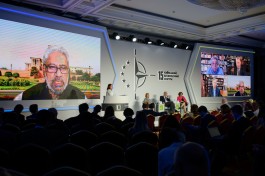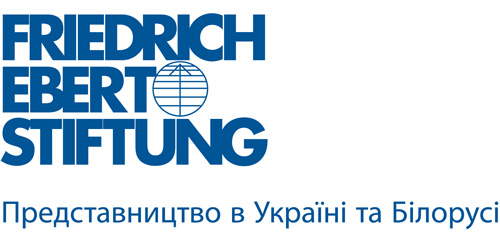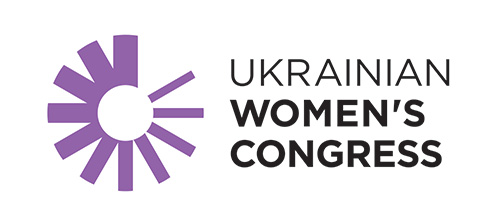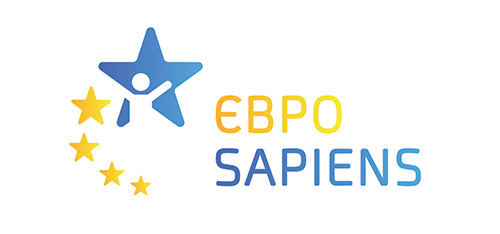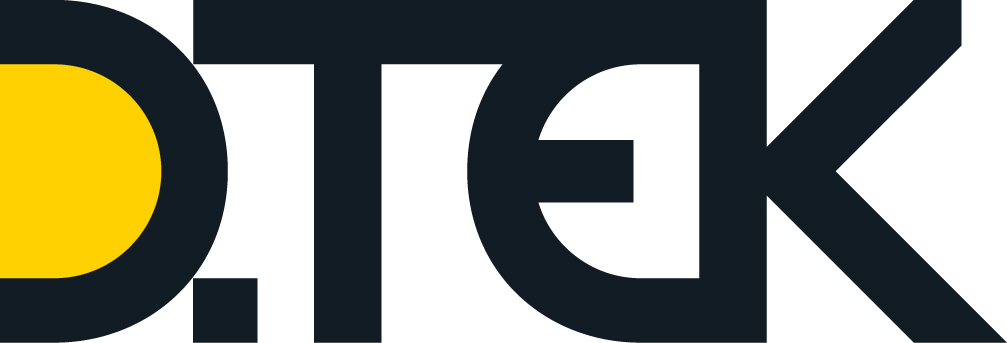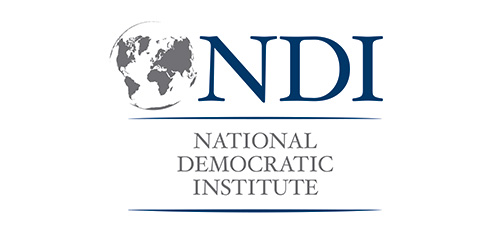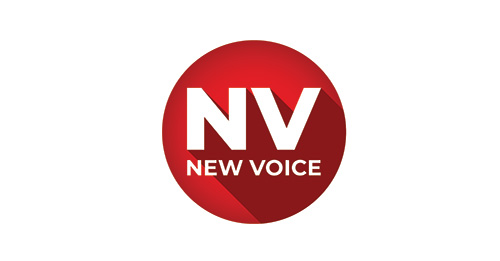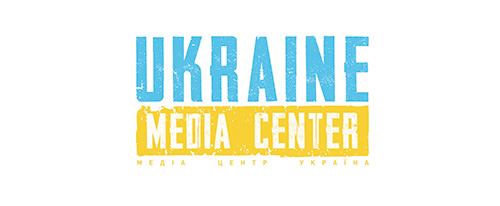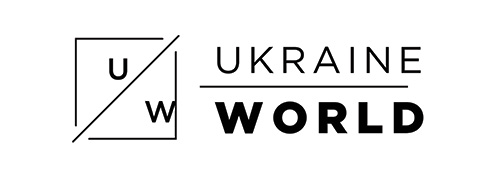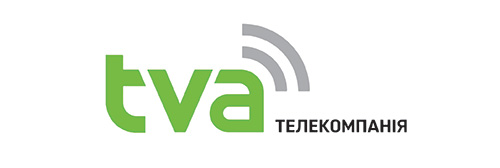Enemy Propaganda should be Overlapped by One’s Own Messages instead of Simple Blocking – Beata Bialy
In order to fight enemy propaganda efficiently, one should not simply block the channels of its dissemination, but overlap it with one’s own messages.
This was stated by the leading Beata Bialy, the Senior Expert of the NATO Strategic Communications Center of Excellence, stated this during the VI Youth Kyiv Security Forum.
"In my opinion, instead of focusing on an active struggle, we should use a proactive strategy and overlap the enemy’s message with our own messages. This approach is more efficient than responding to already existing threats", she said commenting on the question whether the fight against disinformation and hostile propaganda could be effective by simply removing social networks accounts distributing such information.
The expert noted that disinformation is aimed at provoking emotions. As an example, she sited the fake of the Russian propaganda about the "crucified boy" in Donbas – "this information is very emotional, and it is very visually appealing". Similar methods of emotional and visual attraction were used by the terrorist organization "Islamic State" ("DAESH"), she added.
"There are two areas that can be influenced by disinformation. The first one is cognitive and the second one is behavioral. The cognitive sphere – we should be puzzled, we should not trust anyone. The behavioral sphere is the influence on our decisions in real life", the NATO StratCom COE representative noted.
According to the expert, Russia will continue to actively use disinformation and information tampering, as it is an effective and relatively cheap mechanism for influencing those whom it regards as opponents. "The use of such information interventions has already been observed in many countries. We should actively resist. An important thing here is proofs", Beata Bialy stressed.
Critical thinking and verification of facts are also of crucial importance. "We should learn how to distinguish news from fake news. It is not that difficult, but some efforts should be applied to this end", she said.
The expert also drew attention to the fact that social media users should be careful in the provision of their personal data since they can be exploited by malicious people for their own purposes.
Along with this, the NATO StratCom COE representative stressed that one should distinguish between the deliberate disinformation and professional journalists mistakes: "Disinformation for me is an intentional manipulation for a particular purpose. Therefore, the primary task of journalists is to check sources and facts. You need to think and evaluate the information critically".
The expert stressed the importance of maintaining a balance between freedom of speech and state regulation of the online sphere. According to Beata, she is not a supporter of excessive "tightening the screws" in this area, but understands the steps taken by some countries in this direction. In particular, this applies to the prohibition of some Russian resources, including the social network "Vkontakte", as Ukraine still faces an armed conflict and this measure is induced by the need to fight aggressive propaganda.
Meanwhile, Beata Bialy pointed out that government bodies should not dictate journalists what to write, but can only produce relevant texts and "communicate them in an efficient way". According to her, every country has its national approach in this sphere.
FOR REFERENCE:
Youth Kyiv Security Forum is the platform for discussion of current issues of international relations and foreign policy of Ukraine by young experts. The purpose of the forum is to strengthen the role of the new generation of experts, to improve their ability to participate in the process of political analysis and development.
PARTNERS OF THE FORUM:
NATO Information and Documentation Centre in Ukraine (NIDC)
Friedrich Ebert Foundation.
Organizer of the Forum is the Arseniy Yatsenyuk Open Ukraine Foundation.


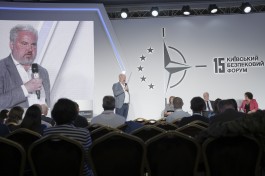
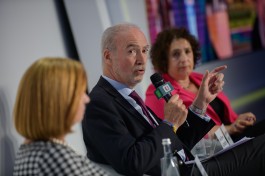
-tmb-265x176.jpeg)
